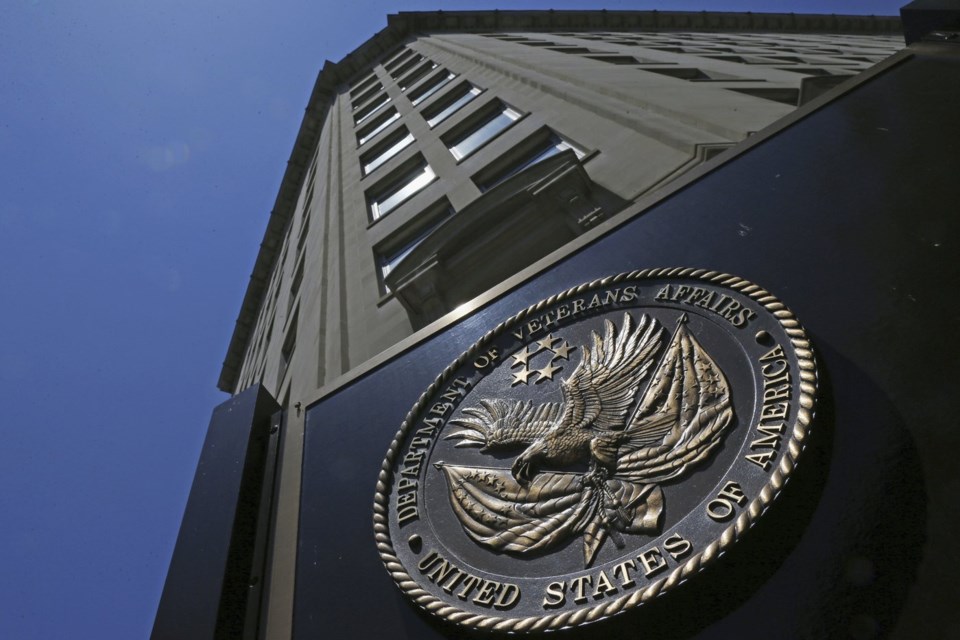VA Nurses Face Shortages as Trump’s Deferred Resignation Plan Sparks Controversy
The Department of Veterans Affairs (VA) is facing a critical nursing shortage, and union leaders warn that the Trump administration’s deferred resignation offer could make matters worse. With the deadline for accepting the offer quickly approaching, unions are urging nurses to reconsider. They argue that a mass departure of VA nurses would significantly jeopardize the care provided to the nation’s 9.1 million enrolled veterans.
A Mounting Staffing Crisis at VA Facilities
Staffing shortages within the VA have long been a challenge, with more than half of its facilities reporting severe shortfalls. Nurses, who make up the federal government’s largest group of employees, are already struggling to meet the needs of veterans. The deferred resignation plan—designed to offer nurses the option to leave at a later date—has raised fears of an accelerated exodus at a time when healthcare services for veterans are stretched thin.
Irma Westmoreland, a registered nurse and leader of the Veterans Affairs unit for National Nurses United, voiced her concerns. “We’re already facing a staffing crisis in our hospitals. We cannot afford to lose any more staff,” she said. Westmoreland and other union leaders worry that any reduction in nursing staff will have an immediate and detrimental effect on patient care across VA hospitals.
Union Leaders Push Back
Unions representing VA nurses are taking a firm stance against the deferred resignation offer, discouraging employees from accepting it. They believe the plan could unintentionally deepen the staffing crisis by prompting nurses to leave en masse once the deferred period ends.
The National Nurses United, the largest union of registered nurses in the United States, has been vocal in its opposition, calling for a focus on recruiting and retaining staff rather than offering resignation incentives. Union leaders argue that the VA should prioritize addressing the underlying causes of the staffing crisis—such as high workloads, burnout, and uncompetitive salaries—instead of implementing policies that could exacerbate the problem.
Impact on Veteran Care
The potential consequences of losing more nurses at VA facilities are profound. A shrinking nursing workforce means longer wait times for care, reduced access to critical services, and increased pressure on remaining staff. Veterans, many of whom rely on the VA for specialized care related to combat injuries and chronic conditions, could experience significant disruptions in their treatment.
In recent years, the VA has struggled to fill vacancies for healthcare professionals, particularly in rural areas where staffing shortages are even more pronounced. The ongoing challenges have raised concerns among veterans’ advocacy groups, who fear that any further reduction in nursing staff will compromise the quality of care.
Conclusion
As the deadline for the Trump administration’s deferred resignation offer looms, the stakes are high for VA nurses and the millions of veterans who depend on them. Unions continue to push back, emphasizing that the solution lies in bolstering staffing levels and improving working conditions—not in creating opportunities for nurses to leave.
The future of veteran care could hinge on how the VA navigates this staffing crisis. For now, all eyes are on the administration’s next move and its potential impact on the nation’s healthcare system for veterans.
Source : Swifteradio.com


